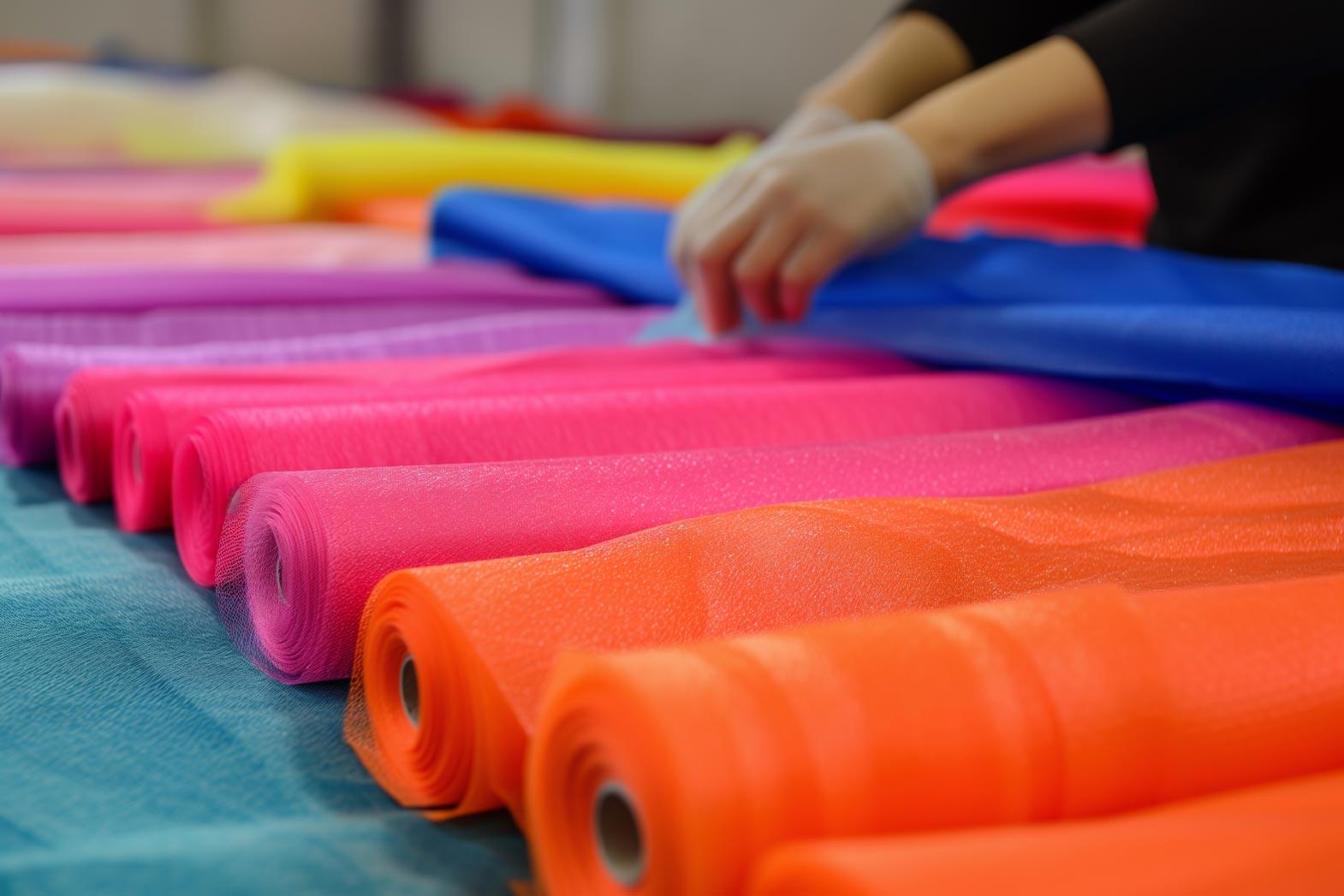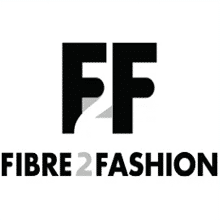The country plans to produce value-added and high-quality technical textile products and also sell them at competitive prices in the market. The Turkish technical textile industry is today buzzing with more than 200 small-scale and medium-sized companies. A number of large-scale companies in Turkey are members of the European Disposable and Nonwovens Association (EDANA). In the year 2012, Turkey produced 175 thousand tons of nonwoven fabrics and products and annually churns out 110,000 metric tons of technical textiles. Cities in Turkey like Istanbul, Bursa, Gaziantep, Kocaeli, and Tekirdag are where the major producers of technical textiles are centered.
Disposable and nonwovens are used in the cleaning, hygiene, and cosmetic industries. While automotive textiles and packaging textiles are some items the country produces normally on a regular basis. The country is backed by the progressive textile and clothing industries, which makes the production of technical textiles easy. Developed infrastructure facilities of new material, latest technology, and qualified human resources make the development of the technical textiles sector possible.
Moreover, the country has a concern for working conditions of employees in textile factories and is sensitive towards workers. This makes Turkey an ideal destination to source technical textile products for the European Union since they comply with most of their trading and technical regulation criteria. The trade agreement with EU of free movements of Turkish commodities adds to being an added advantage for the country. Besides this, Turkey enjoys free trade with many other countries which makes it an apt sourcing and manufacturing destination for technical textiles.
Having research and educational institutes that work closely in providing technically sound individuals and qualified staff resources acts as a boon to the currently progressing non-woven's industry of Turkey.
Turkey today produces advanced and sophisticated technical textile products to manufacture waterproof, flame retardant, anti-bacterial, windproof, glass fibres, and tire cord fabrics. The country exports such textiles to European nations like Germany, France, United Kingdom, Italy, and Spain, along with USA, Russia, and Romania.
Research and Development in the field of technical textiles and non-wovens is being carried out extensively in Turkish Universities and in relatively small scale in industries. The government is also supportive and encourages such activities by funding research activities of this field. Due to cooperative efforts of the government and the research institutes many innovative textiles and apparels have been developed.
As a result of such fruitful collaborations, one such product developed is a garment that can protect the baby in a pregnant woman's womb from electromagnetic radiations. The unique fabric consists of silver fibres. Similarly another such fabric was developed by a company that can block waves from electronic devices such as cell phones, microwaves, microphones, and other wireless communication devices.
Some amazing inventions like designing an "invisibility cloak" for military purposes are also being made. Anti-static fabrics, geo-textiles, and agri-textiles are some new areas of technical textiles the industries in Turkey are venturing into. Few Turkish companies have joined hands with international technical textile manufacturing firms in order to produce better quality products. Leading producers of technical textile fabrics and products have become active participants in fairs like Techtextil Frankfurt and Techtextil Russia to promote and receive orders.
Turkey is not only the exporter of technical textiles and non-wovens, but the nation is also an importer. The application of these textiles supplied from countries like Italy, Germany, China, France, and UK are used in automotive, military, construction, agriculture, and filtration sectors.
The well developed infrastructure, favourable government initiatives, sound technical know-how and expertise make Turkey, a growing centre for technical textiles. From the countrys investment in research and development activities and machines to develop innovative technical textile products with high value and added performance, it can be concluded that the technical textile and non-wovens sector is on a progressive path.
References:
1. Ec.Europa.eu
2. Itkib.org.tr
3. Textileworldasia.com








Comments